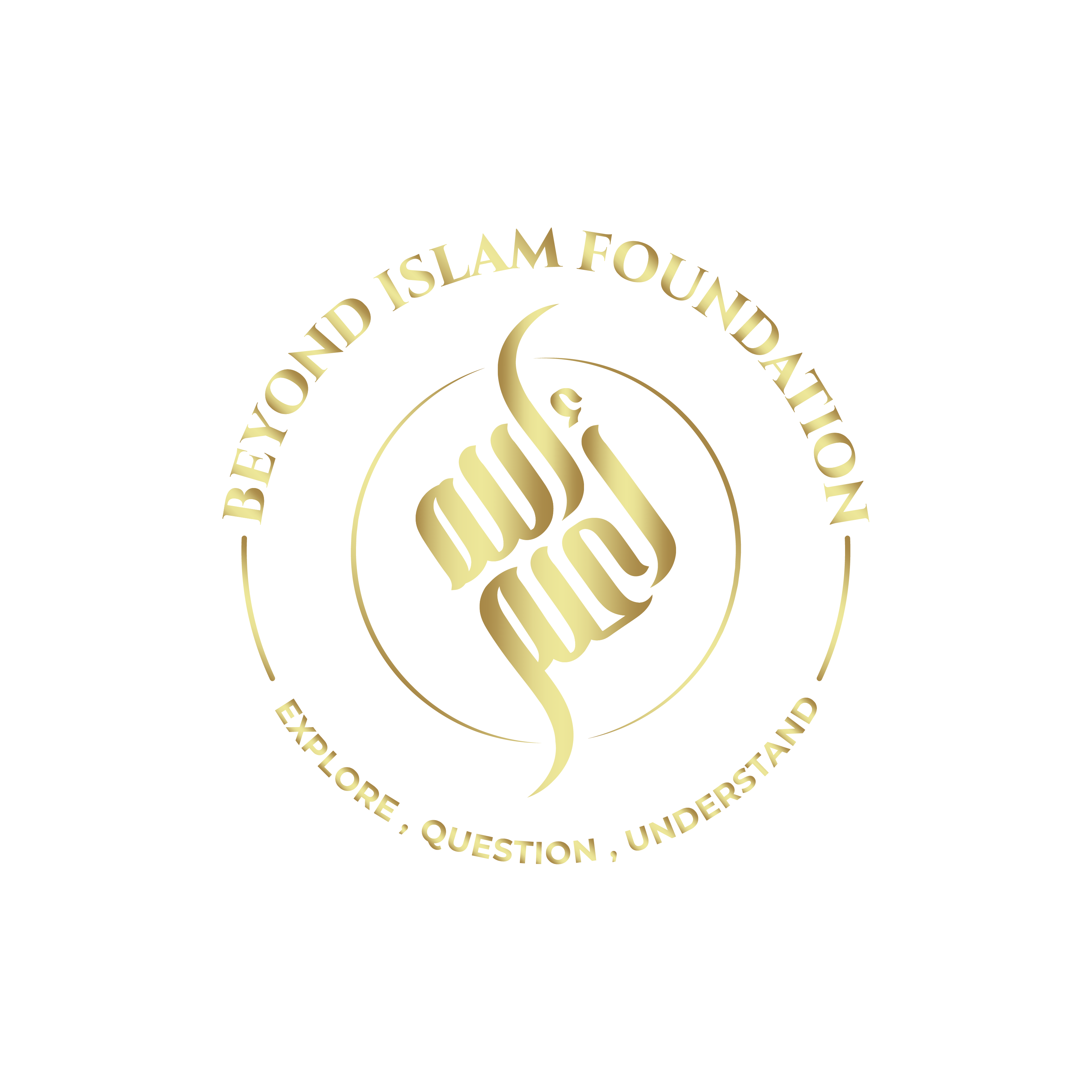Introduction: Balancing Progress with Stewardship
📖 “It is He who has made you successors upon the Earth and raised some of you above others in ranks so that He may test you through what He has given you.” (Qur’an 6:165)
The Qur’an presents humanity as stewards (khalifah) of the Earth, entrusted with maintaining balance and justice in all aspects of life. Historically, this concept influenced the development of environmentally conscious policies in Islamic civilizations, such as the establishment of hima (protected natural reserves) and waqf (charitable endowments) that supported sustainable agriculture and public welfare. As technology advances, the challenge is to harness innovation without exploitation, ensuring that progress aligns with ethical and sustainable principles.
This article explores the Qur’anic foundation for technological development, sustainability, and responsible use of natural resources, offering insights into how modern societies can integrate divine wisdom with scientific advancement.

1. Technology as a Tool, Not a Master
📖 “And He has subjected to you whatever is in the heavens and whatever is on the earth—all from Him. Indeed, in that are signs for a people who reflect.” (Qur’an 45:13)
📖 “Do not follow that of which you have no knowledge. Indeed, the hearing, the sight, and the heart—about all those [one] will be questioned.” (Qur’an 17:36)
Key Observations:
- Technology should serve humanity, not control it.
- Ethical responsibility is required when developing and using technology.
- Knowledge must be verified and used wisely to benefit society.
The Qur’anic approach encourages responsible innovation where technology is a means to serve human welfare rather than a tool for manipulation and control.
2. Sustainability and the Ethical Use of Resources
📖 “And do not waste [resources] extravagantly. Indeed, the wasteful are brothers of the devils.” (Qur’an 17:26-27)
📖 “And do not corrupt the earth after its reformation. Call upon Him in fear and hope. Indeed, the mercy of Allah is near to the doers of good.” (Qur’an 7:56)
Key Observations:
- Excessive consumption and wastefulness are condemned.
- Resources should be used wisely to ensure long-term sustainability.
- Environmental stewardship is a divine responsibility.
A Qur’anic model of sustainability ensures that natural resources are preserved, ecosystems are protected, and human activity does not disrupt the delicate balance of creation.
3. Renewable Energy and Environmental Innovation
📖 “And We sent the fertilizing winds, and sent down water from the sky and gave you drink from it. But you are not its keepers.” (Qur’an 15:22)
📖 “And We made from water every living thing. Then will they not believe?” (Qur’an 21:30)
Key Observations:
- Harnessing natural forces aligns with divine wisdom.
- Water, wind, and sunlight are essential renewable resources.
- Sustainable energy practices fulfill the Qur’anic mandate of stewardship.
Technological innovation should focus on clean energy solutions that align with the natural order, such as solar, wind, and hydro energy, reducing dependence on harmful fossil fuels.
4. Ethical AI and the Digital Age
📖 “And say: My Lord, increase me in knowledge.” (Qur’an 20:114)
📖 “Corruption has appeared throughout the land and sea by what the hands of people have earned so He may let them taste part of [the consequence of] what they have done that perhaps they will return [to righteousness].” (Qur’an 30:41)
Key Observations:
- Artificial intelligence and automation must be guided by ethical principles.
- The pursuit of knowledge should serve justice and societal well-being.
- Unchecked technological growth can lead to corruption and imbalance.
AI and digital advancements must align with ethical considerations, ensuring that automation, data privacy, and technological progress benefit humanity without leading to moral or economic exploitation. Issues such as biased AI decision-making, mass surveillance, and the unethical use of data harvesting highlight the urgent need for ethical guidelines in the digital age.
5. The Qur’anic Alternative to Consumerism and Exploitation
📖 “And do not extend your eyes toward that by which We have given enjoyment to [some] categories of them [as being] [mere] adornment of the worldly life so that We may test them through it. And the provision of your Lord is better and more enduring.” (Qur’an 20:131)
Key Observations:
- Materialism and consumer-driven economies distract from higher values.
- Sustainable production and fair trade should replace exploitative industries.
- The Qur’anic vision promotes a balanced economy, prioritizing ethical growth over unchecked capitalism.
The Qur’anic model challenges the unsustainable cycle of mass production and consumerism, urging societies to focus on equity, need-based production, and environmental consciousness. Historical examples of this approach can be found in the early Islamic marketplaces, where regulations ensured fair trade, ethical business practices, and resource sustainability. In contemporary times, cooperative economic models and fair-trade initiatives reflect similar values, promoting sustainability over exploitation.
6. Implementing a Qur’anic Vision for Technology and Sustainability
📖 “And We have certainly established you upon the earth and made for you therein ways of livelihood. Little are you grateful.” (Qur’an 7:10)
Key Observations:
- Gratitude for resources leads to responsible usage.
- Sustainable innovation is part of fulfilling our role as stewards of the Earth.
- A balanced society integrates technology with ethical and ecological principles.
Unlike modern trends that prioritize short-term profit and unchecked technological expansion, the Qur’anic model advocates for responsible, ethical, and sustainable progress.
Conclusion: Merging Science with Spiritual Responsibility
The Qur’an provides a framework for harnessing technology in a way that serves humanity while preserving the planet. Ethical innovation, environmental sustainability, and responsible resource management are fundamental aspects of a Qur’anic approach to progress.
Are you ready to align technology and sustainability with divine wisdom? Start by reducing waste, supporting renewable energy initiatives, and choosing ethical technology. Advocate for sustainable policies in your community, educate others on responsible consumption, and integrate mindful resource use into your daily life. Small actions contribute to a larger impact in preserving our planet for future generations. Begin by supporting ethical technology, advocating for renewable energy, and adopting sustainable practices in daily life. The future depends on responsible innovation.
